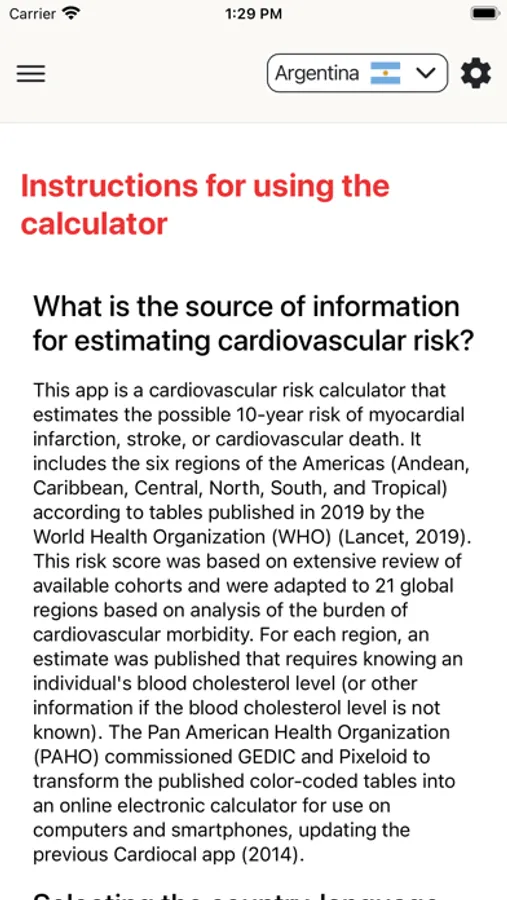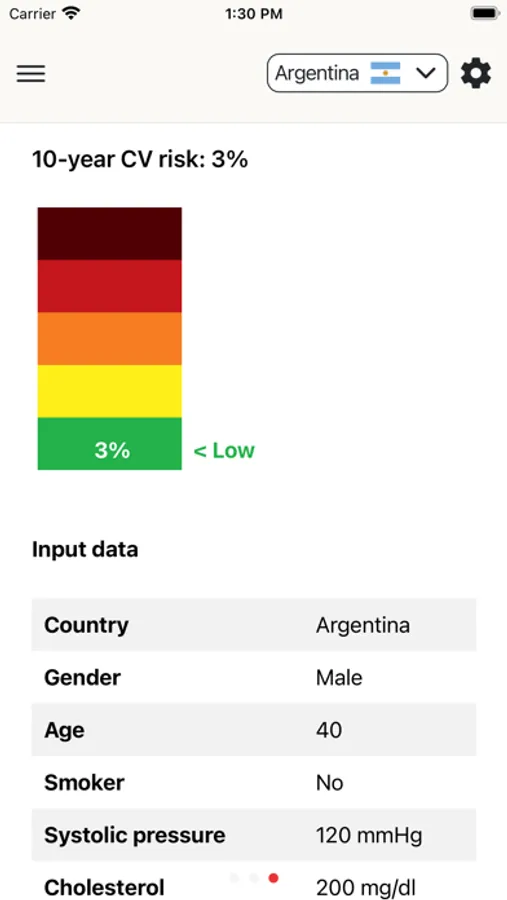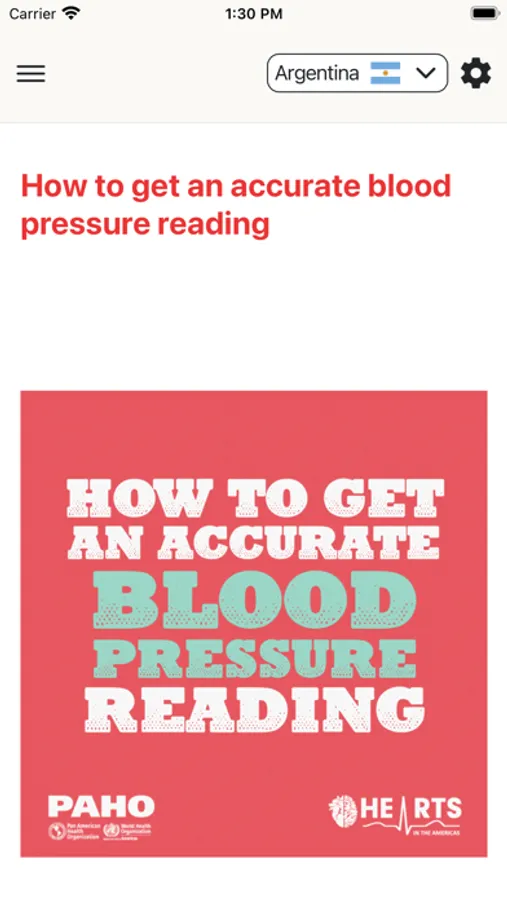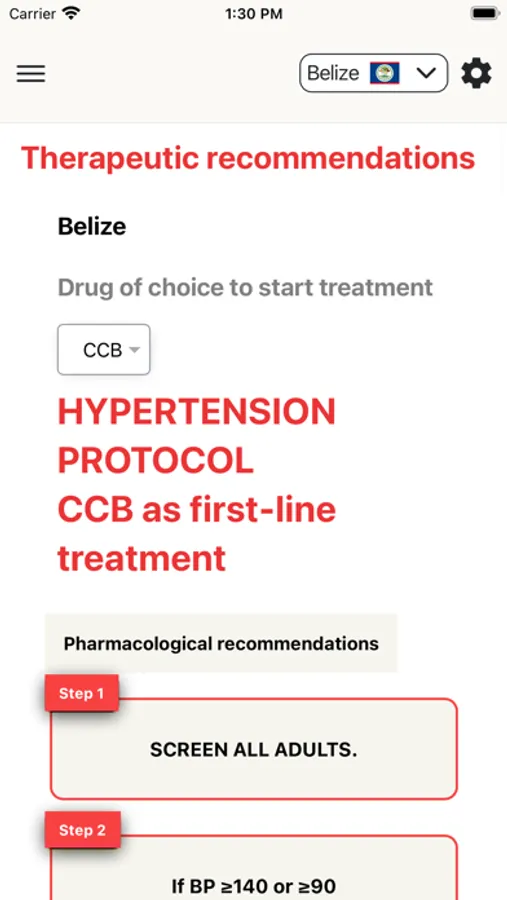AppRecs review analysis
AppRecs rating 3.7. Trustworthiness 65 out of 100. Review manipulation risk 20 out of 100. Based on a review sample analyzed.
★★★☆☆
3.7
AppRecs Rating
Ratings breakdown
5 star
0%
4 star
0%
3 star
0%
2 star
0%
1 star
100%
What to know
✓
Low review manipulation risk
20% review manipulation risk
About CardioCal
FIND OUT YOUR RISK OF HEART DISEASE AND HOW TO LOWER IT
This FREE app is a cardiovascular risk calculator that estimates the possible 10-year risk of myocardial infarction, stroke, or cardiovascular death. It includes the six regions of the Americas (Andean, Caribbean, Central, North, South, and Tropical) according to tables published in 2019 by the World Health Organization (WHO) (Lancet, 2019). This risk score was based on extensive review of available cohorts and were adapted to 21 global regions based on analysis of the burden of cardiovascular morbidity. For each region, an estimate was published that requires knowing an individual's blood cholesterol level (or other information if the blood cholesterol level is not known). The Pan American Health Organization (PAHO), with the financial contribution of the U.S Centers for Diseases Prevention and Control, transformed the published color-coded tables into an online electronic calculator for use on computers and smartphones, updating the previous Cardiocal app (2014)
Who is this app for?
The calculator is intended to help the health care providers quickly calculate cardiovascular risk and discuss with patients the extent to which their risk can be reduced. It also aims to help people concerned about their health, making it easier for them to estimate the need for a medical consultation when their risk is not low. The treatment recommendations are oriented to the assisting professionals and do not constitute a guide to self-medication, which can be dangerous. Under no circumstances is this calculator intended as a replacement for medical consultation or a clinical judgment.
Features
» Click on the gear icon to choose a country. Each country belongs to one of the six regions mentioned above, and the risk calculation will give different results.
» You can change the language (English, Spanish, or Portuguese), cholesterol unit (mmol/L or mg/dl), and metric or imperial units (cm or feet and inches).
» The app includes country-specific protocols for the 12 countries whose health ministries have defined standardized protocols for the treatment of hypertension.
This FREE app is a cardiovascular risk calculator that estimates the possible 10-year risk of myocardial infarction, stroke, or cardiovascular death. It includes the six regions of the Americas (Andean, Caribbean, Central, North, South, and Tropical) according to tables published in 2019 by the World Health Organization (WHO) (Lancet, 2019). This risk score was based on extensive review of available cohorts and were adapted to 21 global regions based on analysis of the burden of cardiovascular morbidity. For each region, an estimate was published that requires knowing an individual's blood cholesterol level (or other information if the blood cholesterol level is not known). The Pan American Health Organization (PAHO), with the financial contribution of the U.S Centers for Diseases Prevention and Control, transformed the published color-coded tables into an online electronic calculator for use on computers and smartphones, updating the previous Cardiocal app (2014)
Who is this app for?
The calculator is intended to help the health care providers quickly calculate cardiovascular risk and discuss with patients the extent to which their risk can be reduced. It also aims to help people concerned about their health, making it easier for them to estimate the need for a medical consultation when their risk is not low. The treatment recommendations are oriented to the assisting professionals and do not constitute a guide to self-medication, which can be dangerous. Under no circumstances is this calculator intended as a replacement for medical consultation or a clinical judgment.
Features
» Click on the gear icon to choose a country. Each country belongs to one of the six regions mentioned above, and the risk calculation will give different results.
» You can change the language (English, Spanish, or Portuguese), cholesterol unit (mmol/L or mg/dl), and metric or imperial units (cm or feet and inches).
» The app includes country-specific protocols for the 12 countries whose health ministries have defined standardized protocols for the treatment of hypertension.



